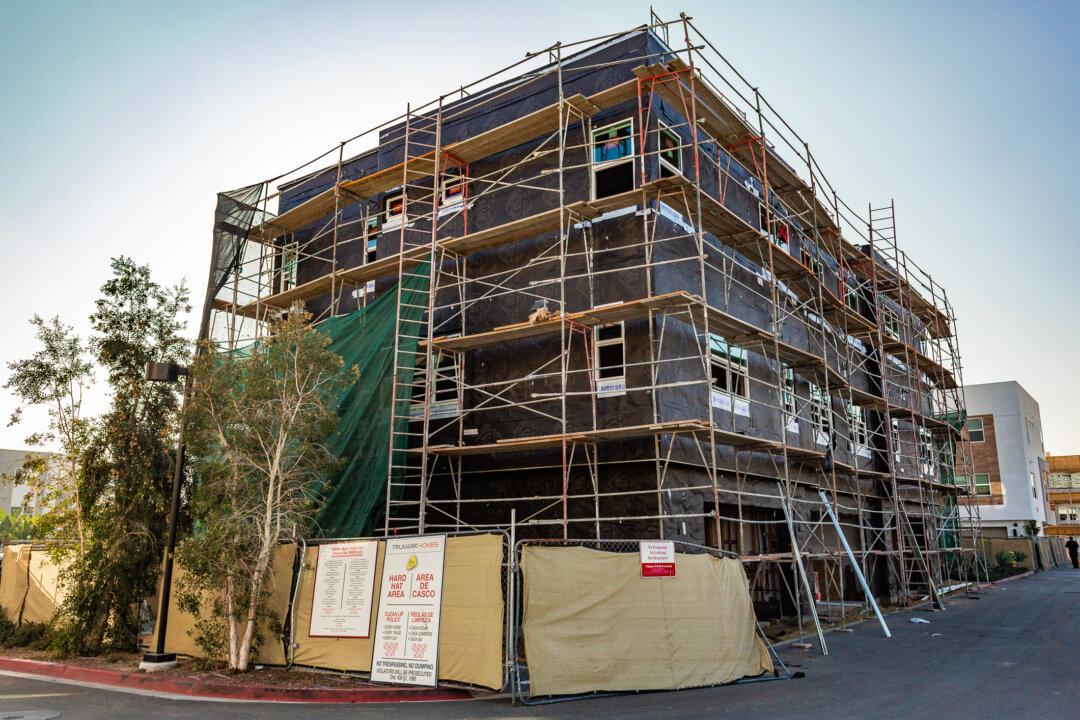The Southern California Association of Governments (SCAG) has drafted a plan that would incentivize private business owners to reflect more diversity in their companies to get city contracts.
SCAG, the nation’s largest metropolitan planning organization, has introduced a draft of a Racial Equity Early Action Plan to be voted on next month. It would reward contractors who conform to diverse hiring practices. Opponents have called the plan unnecessary and discriminatory.





